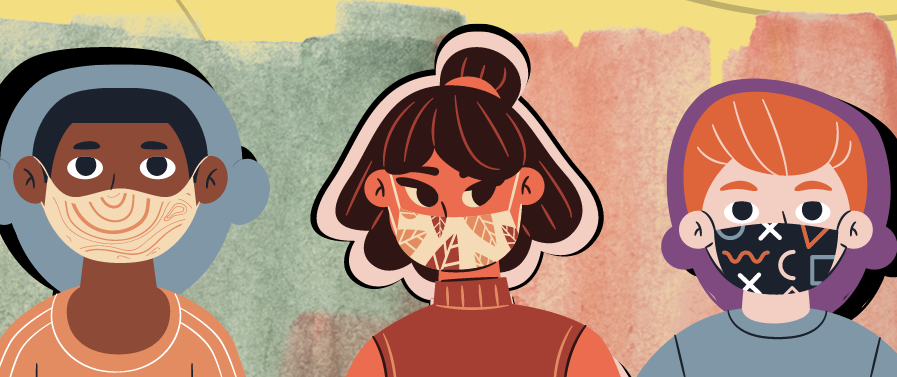News round-up: Kids in STEM, mental health on college campuses, and protecting women
In case you missed it: Here’s a round-up of some of the stories that recently made headlines.

In case you missed it: Here’s a round-up of some of the stories that recently made headlines.

In case you missed it: Here’s a round-up of some of the stories that recently made headlines.
A small-scale survey of 1,000 kids aged 11-17 finds 83 per cent are interested in pursuing a career in a STEM field, according to a poll conducted by UK-based company Medicspot.
And COVID-19 may be sparking new enthusiasm, with 71 per cent of participants showing an interest in learning more about the coronavirus. About 67 per cent said they’ve been inspired by doctors and nurses since the pandemic took hold.
Medicspot says an increased appearance of medical experts on TV, as well as good science communication, may be one reason kids are getting into STEM.

“Our scientists have led the way with their response to the global pandemic, through the development of the Oxford AstraZeneca vaccine as well as becoming the world leader in sequencing the Coronavirus genome,” the Medicspot spokesperson said in a statement.
“It’s wonderful to see so many youngsters look up to the brilliant brains working on the frontlines and behind the scenes, and it’s encouraging to know so many are looking forward to getting back in the science labs when they return to the classroom.”
A new pilot program at the University of Washington (UW) is helping lower stress and improve mental health during the COVID-19 crisis. The program was created by psychology researchers and demonstrated the “potential for preventive mental health services offered in an accessible, peer-group environment,” the university says in a statement.
“This program is not a substitute for campus mental health services for students. But with a preventive program, our goal is to reduce general distress in college students and hopefully prevent need for increased or more intensive services,” Liliana Lengua, psychology professor and director of the Center for Child and Family Well-Being at the UW, added.
The program, called Be REAL, aims to assist a demographic struggling with COVID-19-related stress. The CDC reports that 1 in 4 adults between the ages of 18 and 24 have considered suicide in the past year. But previous research identified heightened stress and anxiety among the typical college-aged population.
According to UW, more than 80 per cent of the students who participated in Be REAL showed “significant improvements in mindfulness and self-compassion, greater resilience and lower stress,” a report that remained consistent even in the three-month follow-up.
More than 270 students took part, with half identifying as people of colour.
Nearly all women between the ages of 18 and 24 in the UK have been sexually harassed, according to a new study based on interviews with more than 1,000 women and girls by UN Women United Kingdom. The organization is urging “owners and administrators of public spaces” to implement solutions now to coincide with the end of COVID-19 lockdowns in the UK.
“Every 10 Minutes somewhere in the world an adolescent girl dies as a result of violence,” the UN says on its website.
” … Only 4 per cent of women told us they reported the incidents of harassment to an official organization – with 45 per cent of women saying they didn’t believe reporting would help change anything.”
